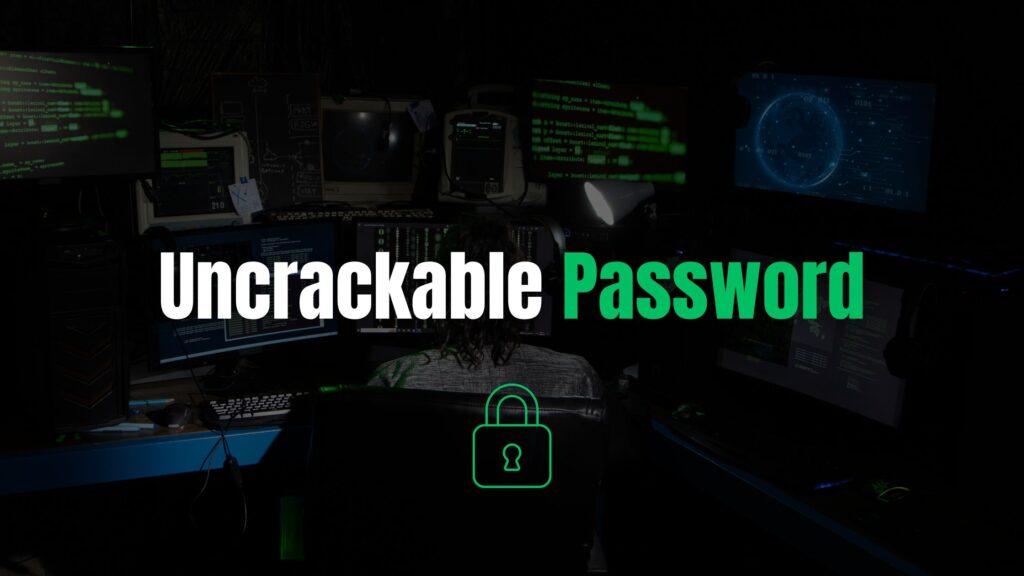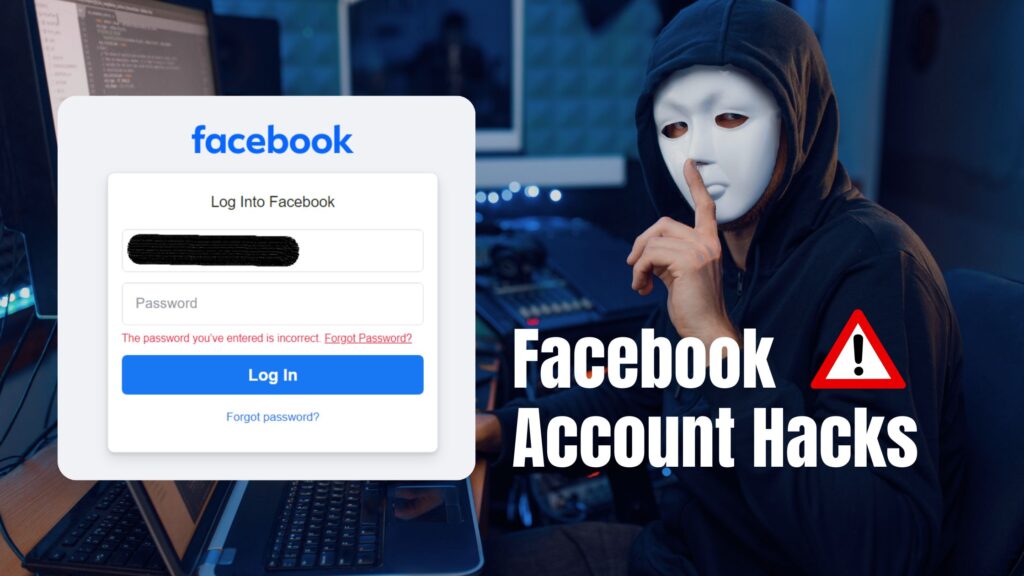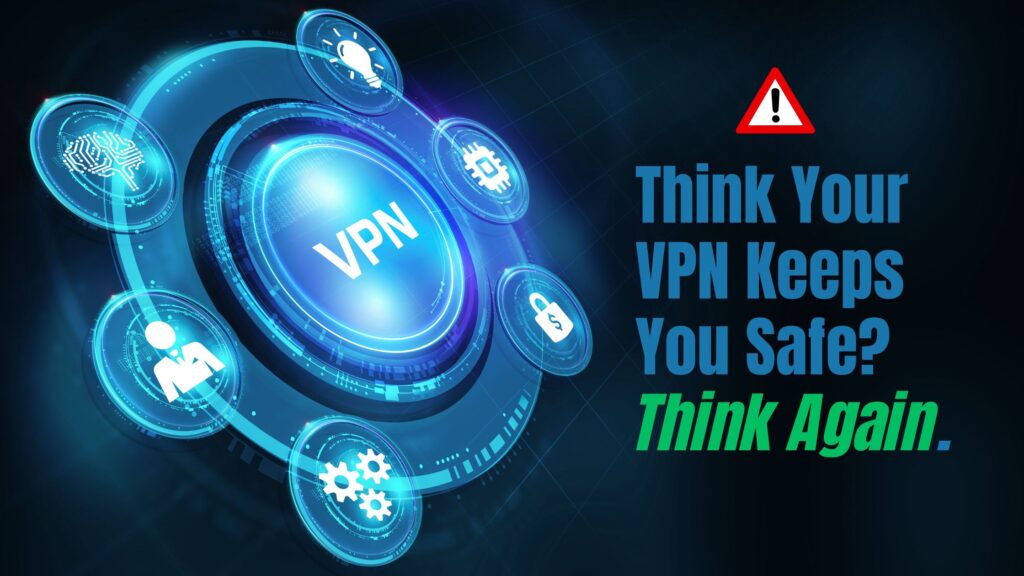Let’s face it: Cybersecurity feels like magic to most people—something handled behind the scenes by “tech wizards.” But here’s the brutal truth: believing outdated cybersecurity myths is the easiest way to put a bullseye on your back for cybercriminals.
Whether you’re a student, remote worker, or small business owner, chances are you’re relying on a false sense of security. And hackers love that.
Let’s bust 7 common cybersecurity myths that are silently making you an easy target:
1. “I’m not important enough to be hacked.”
Reality check: Hackers aren’t picky. You don’t need to be a millionaire, influencer, or CEO to be a target. Most cyberattacks are automated and indiscriminate.
💣 Ransomware hits hospitals, phishing targets students, and stolen credentials get sold on the dark web like candy.
Pro tip: If you have an email address or a bank account, you’re valuable.
2. “Antivirus software is enough.”
Nope. Antivirus is just one layer—like locking your front door but leaving your windows open.
Modern threats use:
- Fileless malware
- Social engineering
- Zero-day exploits
Pro tip: Combine antivirus with firewalls, strong passwords, regular updates, and user awareness.

3. “Cybersecurity is IT’s job, not mine.”
This myth is deadly in organizations.
Your IT team can’t protect you from:
- Clicking a malicious link
- Reusing weak passwords
- Falling for phishing emails
Pro tip: Security is everyone’s responsibility. One person’s mistake can compromise an entire network.
4. “My password is strong because it has special characters.”
Nice try. But if it’s something like P@ssw0rd123, hackers have seen it a thousand times.
Password-cracking tools don’t care about your creativity.
Pro tip: Use passphrases (e.g., PurpleTigerJumpsHigh!) or a password manager to generate and store truly strong credentials.
5. “Incognito mode keeps me anonymous.”
Incognito just hides your activity from your device. Not from:
- Your ISP
- The websites you visit
- Hackers on public Wi-Fi
Pro tip: For actual privacy, use VPNs, secure browsers, and encrypted messaging apps.
6. “Macs don’t get viruses.”
That might’ve been true a decade ago, but not anymore.
macOS is increasingly targeted because:
- It has a growing market share
- Users believe this myth and skip protections
Pro tip: Treat your Mac like any other computer. Update regularly and run trusted security software.
7. “Two-Factor Authentication (2FA) is a hassle.”
Yes, it adds a step. But it’s one of the most effective defenses against account takeovers.
Hackers don’t guess 2FA codes. They guess your passwords.
Pro tip: Use app-based 2FA (like Authy or Google Authenticator). Avoid SMS if possible—SIM swapping is real.
Final Thoughts: Don’t Be Low-Hanging Fruit 🍎
Cybercriminals don’t need you to be clueless—they just need you to believe one or two of these myths. The more we rely on false assumptions, the easier it becomes for attackers to exploit us.
Awareness is your best defense. Start by sharing this post with someone who still uses “123456” as a password (we all know someone 😬).
🔐 Stay smart. Stay safe. Stay curious.




